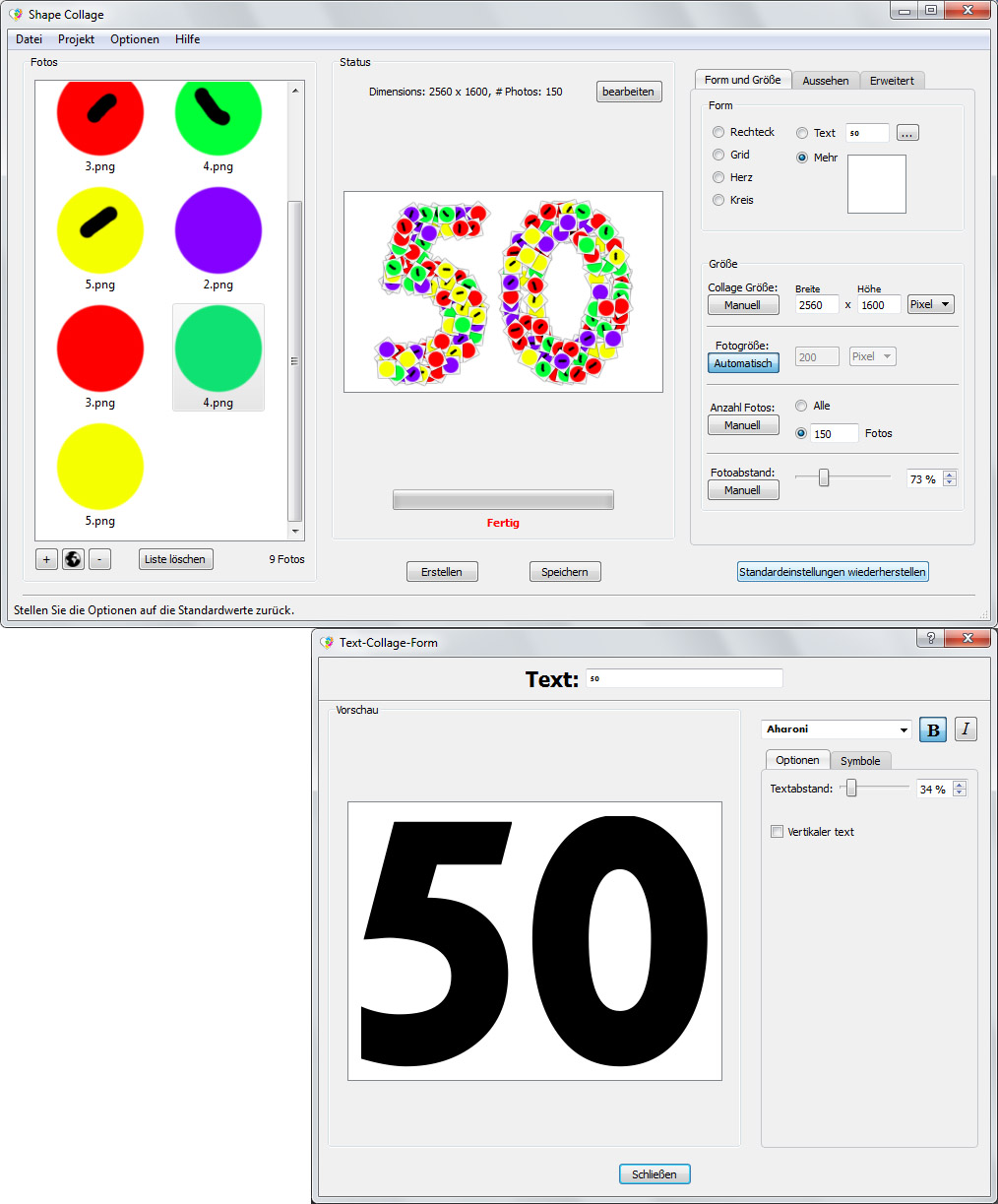15.
A Anchor – Hebrews 6:19 – NIV KJV Angel Security – Psalm 91:11 – NIV KJV Archer – Psalm 127:3-5 – NIV KJV Archery Tournament – Romans 3:23-24 – NIV KJV Appraiser – Isaiah 64:6 – NIV KJV As A Mother – Isaiah 66:13 – NIV KJV Astronomer – Psalm 19:1-2 – NIV KJV B. 2Co 5:21 For he hath made him to be sin for us, who knew no sin; that we might be made the righteousness of God in him. The Authorized Version or King James Version (KJV), 1611, 1769. Outside of the United Kingdom, the KJV is in the public domain. 2 Chronicles 5 1 Thus all the work that Solomon made for the house of the Lord was finished: and Solomon brought in all the things that David his father had dedicated; and the silver, and the gold, and all the instruments, put he among the treasures of the house of God. 2 Chronicles 17 - And Jehoshaphat his son reigned in his stead, and strengthened himself against Israel. Cite Share Print. Search the Bible. KJV NKJV NLT NIV ESV CSB NASB. NET RSV ASV YLT DBY WEB. The Authorized Version or King James Version (KJV), 1611, 1769. 17 And they caused their sons and their daughters to pass through the fire, and used divination and enchantments, and sold themselves to do evil in the sight of the LORD, to provoke him to anger. 18 Therefore the LORD was very angry with Israel, and removed them out of his sight: there was none left but the tribe of Judah only.
Blow ye thehornin Zion] Repeated verbatim from Joel 2:1, though in a different sense, as a call, namely, to a religious gathering, not as a signal of the approach of judgment (cf. on Amos 2:2).sanctify a fast, call a solemn assembly] as Joel 1:14 a (first two clauses).
15–17. With the view of making the preceding exhortation (Joel 2:12 f.) more practically effective, the prophet here repeats more emphatically the command of Joel 1:14 : he bids all ranks and classes assemble in the Temple for a solemn religious service, and prescribes at the same time the words in which the priests may intercede on behalf of the nation.Verses 15-17. - 'The harsh blast of the consecrated ram's horn called an assembly for an extraordinary fast. Not a soul was to be absent. Like the fiery cross, it convened old and young, men and women, mothers with infants at their breasts, the bridegroom and the bride on their bridal day. All were there stretched in front of the altar. The altar itself presented the dreariest of all sights - a hearth without its sacred fire, a table spread without its sacred feast. The priestly caste, instead of gathering as usual upon its steps and its platform, were driven, as it were, to the further space; they turned their backs to the dead altar, and lay prostrate, gazing towards the Invisible Presence within the sanctuary. Instead of the hymns and music which, since the time of David, had entered into their prayers, there was nothing heard but the passionate sobs and the loud dissonant howls such as only an Eastern hierarchy could utter. Instead of the mass of white mantles which they usually presented, they were wrapt in black goat's-hair sackcloth, twisted round them, not with the brilliant sashes of the priestly attire, but with a rough girdle of the same texture, which they never unbound night or day. What they wore of their common dress was rent asunder or cast off. With bare breasts they waved their black drapery towards the temple, and shrieked aloud, 'Spare thy people, O Lord!' Such is Dean Stanley's vivid picture of the circumstances and scene described by the prophet in the above verses. A scene exceedingly similar occurs in the commencement of the 'OEdipus Tyrannus' of Sophocles -
'Why sit ye here, my children, younger brood
Of Cadmus famed of old, in solemn state,
Your bands thus wreathed with the suppliants' boughs?
And all the city reeks with incense,
And all re-echoes with your hymns and groans;
And I, my children, counting it unmeet
To hear report from others, I have come
Myself, whom all name OEdipus the Great.'In these crimes the priests take the lead. Like highway robbers, they form themselves into gangs for the purpose of robbing travellers and putting them to death. חכּי, so written instead of חכּה (Ewald, 16, b), is an irregularly formed infinitive for חכּות (Ewald, 238, e). 'Ish gedūdı̄m, a man of fighting-bands, i.e., in actual fact a highway robber, who lies in wait for travellers.
Plisterine: launchd for the rest of us 3 0 1. (Note: The first hemistich has been entirely misunderstood by the lxx, who have confounded כּחכּי with כּחך, and rendered the clause καὶ ἡ Ἰσχύς ἀνδρὸς πειρατοῦ· ἔκρυψαν (חבו or חבאו instead of חבר) ἱερεῖς ὁδόν. https://heredload766.weebly.com/wireless-workbench-for-mac-os-x-1095-13f1911.html. Jerome has also rendered כחכי strangely, et quasi fauces (כּחכּי) virorum latronum particeps sacerdotum. Luther, on the other hand, has caught the sense quite correctly on the whole, and simply rendered it rather freely: 'And the priests with their mobs are like footpads, who lie in wait for people.')
https://truerfil233.weebly.com/blog/winx-club-pc-game-download. The company (chebher, gang) of the priests resembled such a man. They murder on the way (derekh, an adverbial accusative) to Sichem. Elements for iwork 3 2 2 download free. Home map design software. Sichem, a place on Mount Ephraim, between Ebal and Gerizim, the present Nablus (see at Joshua 17:7), was set apart as a city of refuge and a Levitical city (Joshua 20:7; Joshua 21:21); from which the more recent commentators have inferred that priests from Sichem, using the privileges of their city to cover crimes of their own, committed acts of murder, either upon fugitives who were hurrying thither, and whom they put to death at the command of the leading men who were ill-disposed towards them (Ewald), or upon other travellers, either from avarice or simple cruelty. Diskcatalogmaker 7 2 7 download free. But, apart from the fact that the Levitical cities are here confounded with the priests' cities (for Sichem was only a Levitical city, and not a priests' city at all), this conclusion is founded upon the erroneous assumption, that the priests who were taken by Jeroboam from the people generally, had special places of abode assigned them, such as the law had assigned for the Levitical priests. The way to Sichem is mentioned as a place of murders and bloody deeds, because the road from Samaria the capital, and in fact from the northern part of the kingdom generally, to Bethel the principal place of worship belonging to the kingdom of the ten tribes, lay through this city. Pilgrims to the feasts for the most part took this road; and the priests, who were taken from the dregs of the people, appear to have lain in wait for them, either to rob, or, in case of resistance, to murder. The following כּי carries it still higher, and adds another crime to the murderous deeds. Zimmâh most probably refers to an unnatural crime, as in Leviticus 18:17; Leviticus 19:29.
Thus does Israel heap up abomination upon abomination. Hosea 6:10. https://herevup916.weebly.com/win-deuces-wild-video-poker.html. 'In the house of Israel I saw a horrible thing: there Ephraim practises whoredom: Israel has defiled itself.' The house of Israel is the kingdom of the ten tribes. שׁערוּריה, a horrible thing, signifies abominations and crimes of every kind. In the second hemistich, zenūth, i.e., spiritual and literal whoredom, is singled out as the principal sin. Ephraim is not the name of a tribe here, as Simson supposes, but is synonymous with the parallel Israel.
Joel 2:15 Interlinear
Joel 2:15 Parallel Texts
Joel 2:15 NIV
Joel 2:15 NLT
Joel 2:15 ESV
Joel 2:15 NASB
Joel 2:15 KJV
Joel 2:15 Bible Apps
Joel 2:15 Parallel
Joel 2:15 Biblia Paralela
Joel 2:15 Chinese Bible
Joel 2:15 French Bible
Figrcollage 2 5 17 Kjv King James Version

Joel 2:15 Parallel Texts
Joel 2:15 NIV
Joel 2:15 NLT
Joel 2:15 ESV
Joel 2:15 NASB
Joel 2:15 KJV
Joel 2:15 Bible Apps
Joel 2:15 Parallel
Joel 2:15 Biblia Paralela
Joel 2:15 Chinese Bible
Joel 2:15 French Bible
Figrcollage 2 5 17 Kjv King James Version
Joel 2:15 German Bible
Bible Hub
